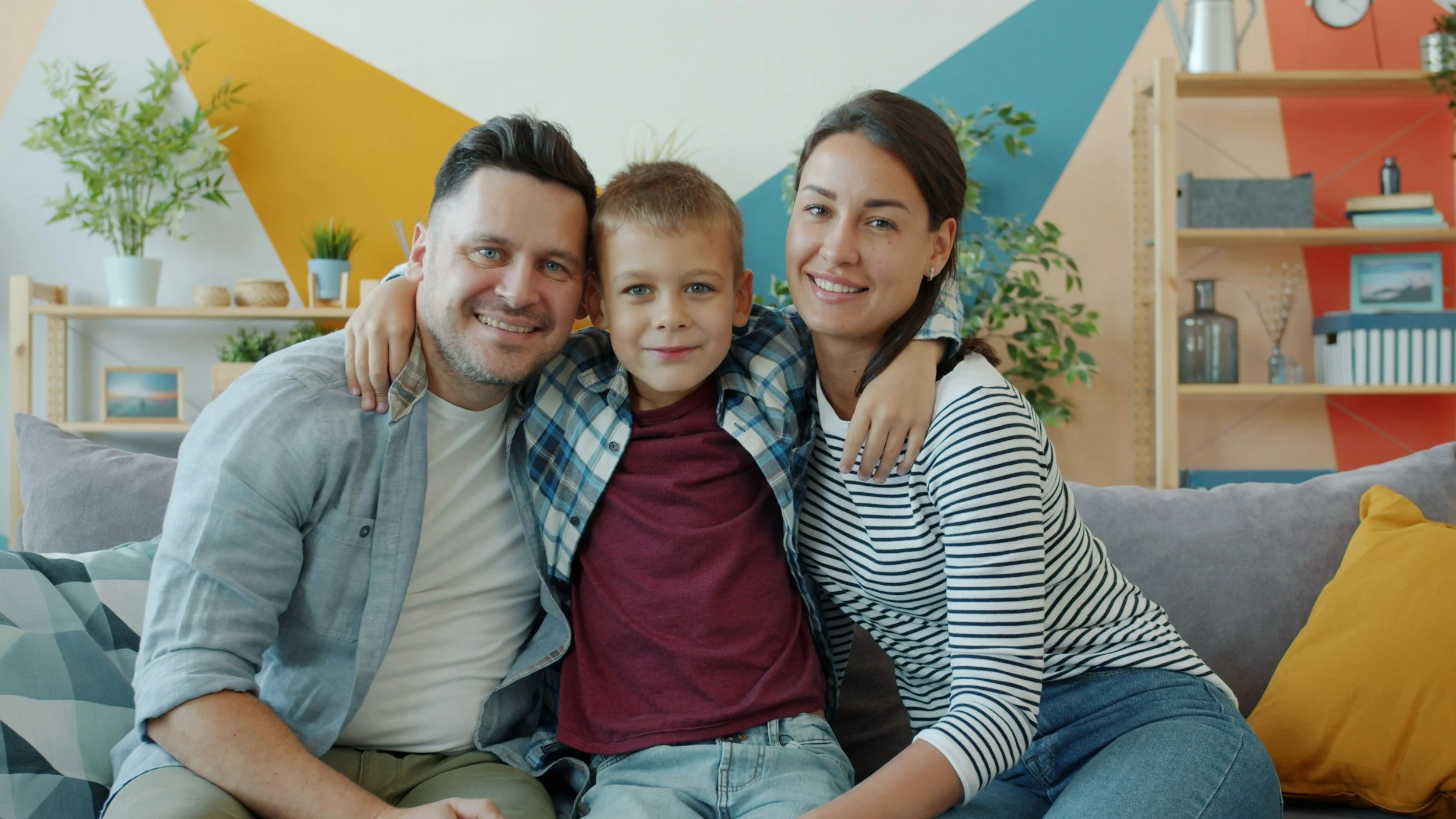Why Intensive Family Therapy?
Traditional one-hour-per-week sessions often do not meet the complex and urgent needs of families with significant needs or in crisis.
That’s why we developed Intensive Family Therapy (IFT), which is a dynamic, team-based model designed to stabilize families quickly and strengthen their systems through deep, coordinated, and responsive care.
IFT is a high-engagement, customized treatment model led by a licensed Family Therapist who functions as the Treatment Team Leader, guiding the therapeutic process with precision, insight, and compassion.
Intensive Family Therapy Allows:
Faster identification and resolution of issues
Greater continuity of care through coordinated teamwork
Customized, flexible, and high-engagement sessions
Deep systemic healing that addresses root causes rather than symptoms
Our Commitment:
GAFC is dedicated to providing compassionate, evidence-based care that meets families where they are.
Through collaboration, accountability, and intensive therapeutic engagement, our goal is to help families build stronger relationships, resolve entrenched conflicts, and create lasting change.
How Intensive Family Therapy Works:
1. Initial Family Engagement
Your journey begins with a licensed family therapist who serves as your treatment team leader. The therapist meets with your family as a unit and individually (as appropriate) to assess dynamics, build rapport, and understand each member’s perspective.
2. Assessment and Goal Setting
Through initial sessions, the therapist identifies the core issues and collaborates with your family to clarify goals and set a foundation for healing.
3. Bringing in the Team
Once the primary therapist understands your family’s unique needs, they bring in additional specialists—such as behavioral or substance use counselors—to address specific concerns from every angle.
4. Collaborative Intervention
The full team works together, under the guidance of the lead therapist, to implement strategies tailored to your goals. Sessions may include various combinations of family and individual meetings to maintain flexibility and progress.
5. Ongoing Support and Review
Progress is continuously monitored, and the plan is adjusted as needed. Families are encouraged to celebrate growth, maintain engagement, and stay committed through challenges.
6. Transition and Aftercare Planning
As your family strengthens and develops healthier interaction patterns, your team will help plan for long-term success—potentially including step-down services, periodic check-ins, or referrals for continued support.
Our IFT Services Include:
Family Sessions
Extended therapy sessions (1–4 hours) focused on communication, conflict resolution, parenting, and systemic healing.
In some cases, specific family members—such as a stepparent and child in high conflict, or parents addressing relationship issues—may also receive targeted sessions.Individual Sessions
For children, parents, or caregivers working through trauma, behavioral issues, or mental health challenges.Team Collaboration
The Family Therapist works closely with other clinicians to develop a treatment plan grounded in the family’s goals. Team members may include:Child or Adolescent Therapists
Adult or Couples Counselors
Addiction Specialists
Behavioral Specialists
Trauma-Informed Clinicians
Parenting Coaches
Evidence-Based Interventions
Depending on each family’s needs, treatment may include:Dialectical Behavior Therapy (DBT)
Parent-Child Interaction Therapy (PCIT)
Applied Behavior Analysis (ABA)
Couples Counseling
Eye Movement Desensitization and Reprocessing (EMDR)
Professional Mediation Services
Who Is This Program For?
IFT is ideal for families experiencing:
Acute or escalating conflict at home
Complex trauma histories
Recurrent behavioral challenges in children or teens
Co-occurring mental health conditions among family members
Disruptions in family roles due to separation, reunification, or major life changes
Who Is Not a Good Candidate for IFT
Families in Immediate Crisis or Danger
Ongoing domestic violence, active abuse, or serious safety concerns require immediate crisis or protective services prior to beginning IFT.Individuals Requiring Significant Psychiatric Stabilization or Detox Services
Those experiencing acute mental health crises (e.g., active psychosis, suicidal ideation) or substance use issues needing medical detox should first stabilize in a higher level of care.Families Unable to Prioritize Treatment
IFT requires consistent attendance and active participation. Families unable to commit to multiple weekly sessions or treatment plans may not benefit fully from this model.

